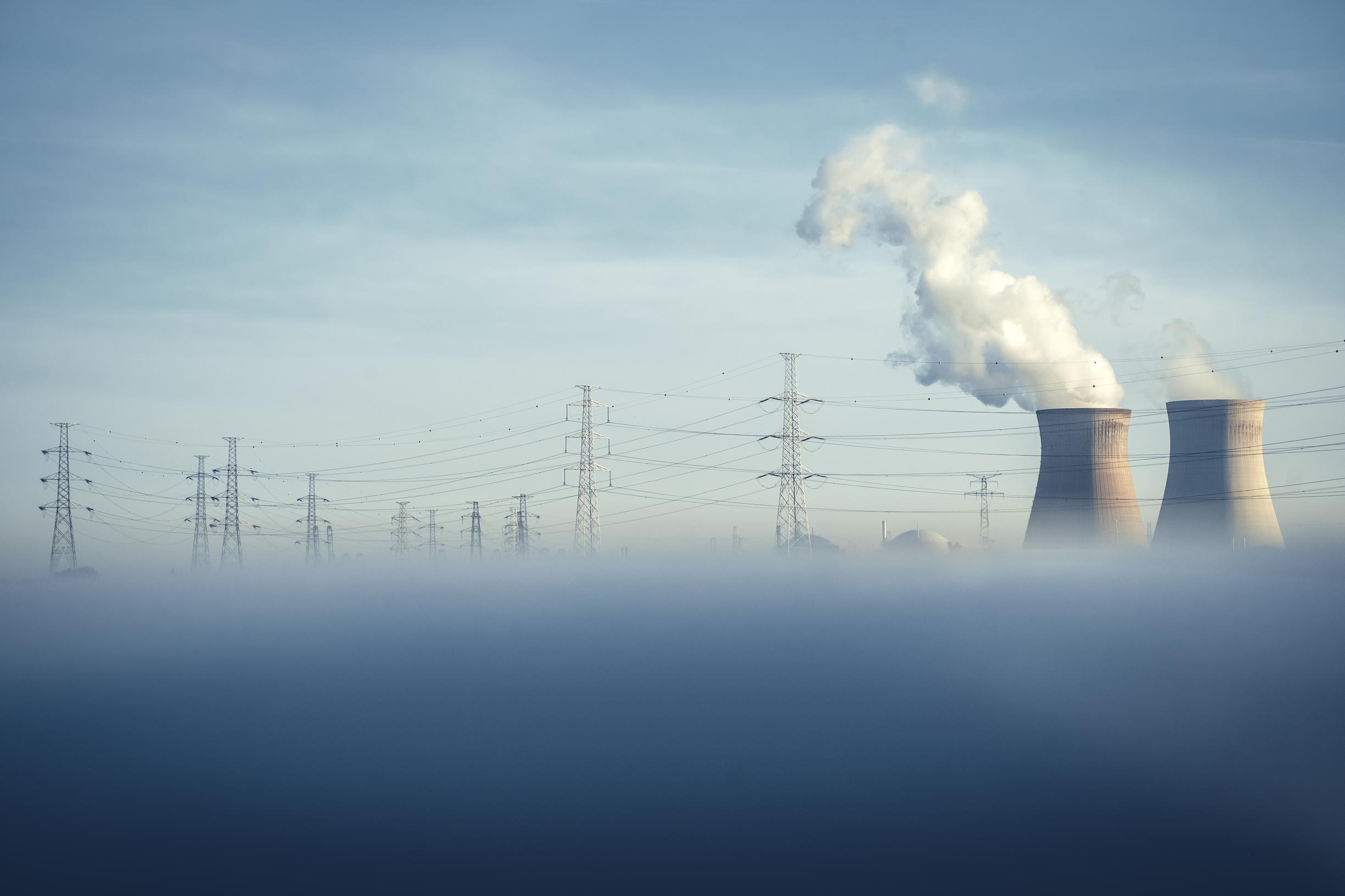The high electricity prices have turned Belgian nuclear power plants into a cash cow. According to estimates by federal energy regulator Creg, owner Engie/Electrabel would make about 3.3 billion profit on the sale of electricity until 2024. In the meantime, consumers and companies are losing purchasing power due to the high prices.
A formula to skim off that profit has still not been found. The Economy administration warned that the government cannot intervene with impunity. An advice that energy regulator Creg has requested from the bureau Sphere avocats is even more definite.
An additional tax on the profits of the nuclear power plants would mean that the government breaks the convention it concluded in 2015 with Engie/Electrabel. In this agreement, the extension of the nuclear power stations Doel 1 and 2 was agreed and the legal proceedings that were pending before the Constitutional Court regarding the nuclear interest were suspended.
‘Exceptional times call for exceptional measures’
Tinne Van der Straeten
Minister of Energy (Green)
‘If that agreement is broken, there is an immediate threat of compensation or legal action. Electrabel and Engie would no longer be obliged to cooperate (with the state, ed.) at all’, the advice states.
However, there is room to ask for a higher contribution, certainly in the case of Doel 1 and 2 and Tihange 1. Due to the convention that former energy minister Marie Christine Marghem (MR) concluded with Electrabel in 2015 about Doel 1 and 2, those two power stations only owe 20 million euros a year. By way of comparison: for Doel 3 and 4 and Tihange 2 and 3, that is 38 percent of the profit. De Creg estimates that revenue for the state for the years 2022-2024 at 529.7 to 683.9 million euros.
• How do you get Engie out of his seat?
Energy Minister Tinne Van der Straeten (Green) is looking for a different way to tackle Engie/Electrabel’s profits and consults the National Bank for this. If this shows that the high energy prices cause a lot of damage to the Belgian economy, the minister has leverage to impose a higher tax on Engie/Electrabel.
‘I have asked the National Bank to elaborate a crisis contribution proposal and the conditions it must meet. These are exceptional times and this requires exceptional measures and efforts’, says Van der Straeten. “It’s unjustifiable that record profits are being made while so many people can’t pay their bills.”
The discussion comes at a sensitive time, just as the federal government and Engie/Electrabel are engaged in negotiations about extending the lifespan of Doel 4 and Tihange 3. The discussion about the excess profits should be on the table there, but Engie/Electrabel has the best cards .
–


